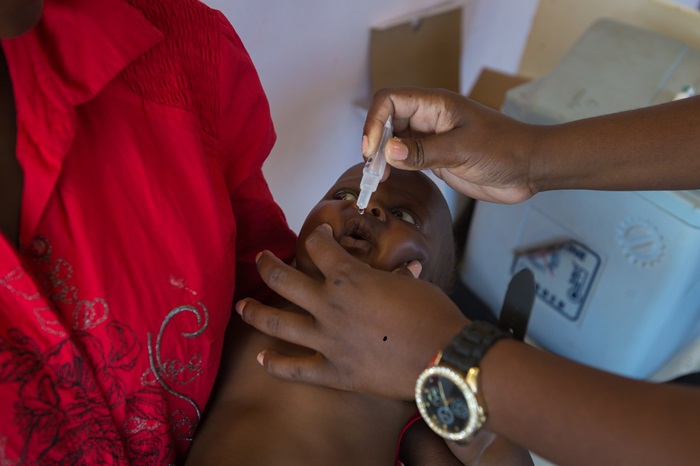News |
WHO announces global deployment of rapid diagnostic tests to boost fight against cholera
Time to read: 1 minute, 17 seconds
Published on MedED: 5 April 2024
Type of article: News
MedED Catalogue Reference: MNG0017
Category: News | Public Health
Category Cross-reference: Infectious Diseases
Keywords: cholera, public health, rapid-diagnostics,

Geneva/ New York, 5 April 2024
The WHO announced today that more than 1.2 million cholera rapid diagnostic tests (RDT) will be dispatched to 14 countries, marking the largest-ever global deployment of such tests. The first shipment of these crucial kits arrived in Malawi on April 5th, with subsequent deliveries planned for 14 countries, including Malawi, Mozambique, Nigeria, Pakistan, Ethiopia, Somalia, Syria, and Zambia.
Cases of cholera have surged globally since 2021, with devastatingly high fatality rates despite the availability of simple and effective treatment. The unprecedented number of outbreaks has led to a surge in demand for vaccines, placing strain on the global stockpile. Consequently, preventive vaccination campaigns have been delayed to prioritize emergency outbreak response efforts.
Accurate and high-quality testing and surveillance measures will help identify emerging cholera outbreaks, confirm cases amidst other diarrheal illnesses, and evaluate the effectiveness of preventive measures like vaccines. Furthermore, surveillance diagnostics will enable these countries to pinpoint hotspots accurately and ensure that cholera vaccines are deployed strategically, maximizing their impact in areas most in need.
These efforts highlight the need for a multifaceted strategy to allocate limited resources effectively and contain the spread of cholera, particularly among vulnerable populations.
Related content
Target product profile for a rapid diagnostic test for surveillance of cholera
13 February 2024: Cholera - Slowly Creeping In
Disclaimer
This article is compiled from various resources researched and compiled by the contributor. It is in no way presented as an original work. Every effort has been made to correctly attribute quotes and content. Where possible all information has been independently verified. The Medical Education Network bears no responsibility for any inaccuracies which may occur from the use of third-party sources. If you have any queries regarding this article contact us
Fact-checking Policy
The Medical Education Network makes every effort to review and fact-check the articles used as source material in our summaries and original material. We have strict guidelines in relation to the publications we use as our source data, favouring peer-reviewed research wherever possible. Every effort is made to ensure that the information contained here is an accurate reflection of the original material. Should you find inaccuracies, out of date content or have any additional issues with our articles, please make use of the contact us form to notify us.


